

Alborz Fallah
Australia’s road toll climbs despite record speeding fines
3 Hours Ago
Nissan will be spearheading development of solid-state battery technology for its Alliance partners, Renault and Mitsubishi.

Contributor
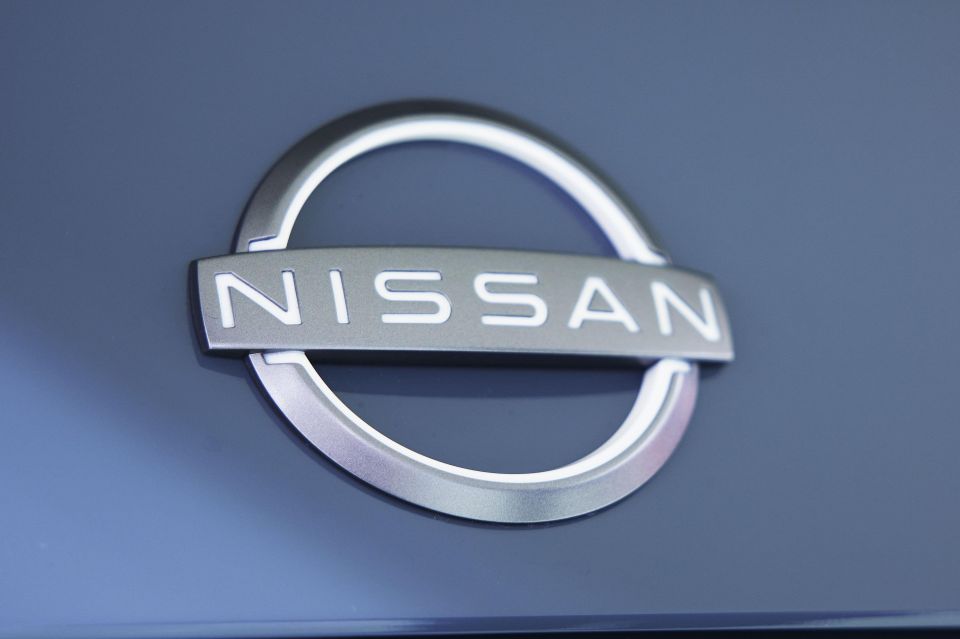

Contributor
Nissan has announced it’ll be leading development of all-solid-state battery technology (ASSB) for its Alliance partners, Renault and Mitsubishi.
On the cutting edge of battery technology, solid-state batteries claim to provide higher outputs, longer ranges and shorter charging times than existing battery technologies.
The move was announced during the Renault-Nissan-Mitsubishi Alliance 2030 roadmap, where the focus was placed heavily on electric vehicles (EVs).
Nissan is aiming to begin mass-production of solid-state batteries in 2028 and they are said to have double the energy density of today’s lithium-ion batteries, while reducing charging time by a third.
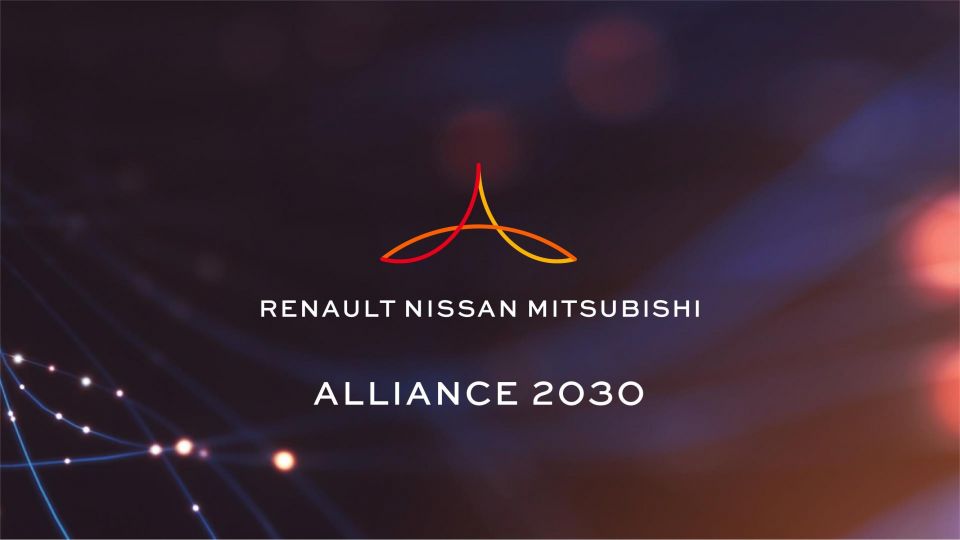
In the future, at an unspecified time beyond 2028, Nissan is aiming to bring costs of ASSB-equipped vehicles into parity with internal-combustion engine (ICE) vehicles.
The Alliance plans on spending €23 billion ($A36 billion) in the next five years on electrification and also hopes to achieve a total of 220 GWh battery production capacity for EVs by 2030.
It also plans on working with partners to reduce battery costs by 50 per cent in 2026 and 65 per cent by 2028.
Plenty of new vehicles were announced as part of the roadmap as well, including a Mitsubishi ASX successor based on the Renault Captur and a Nissan Micra successor based on the new Renault 5.
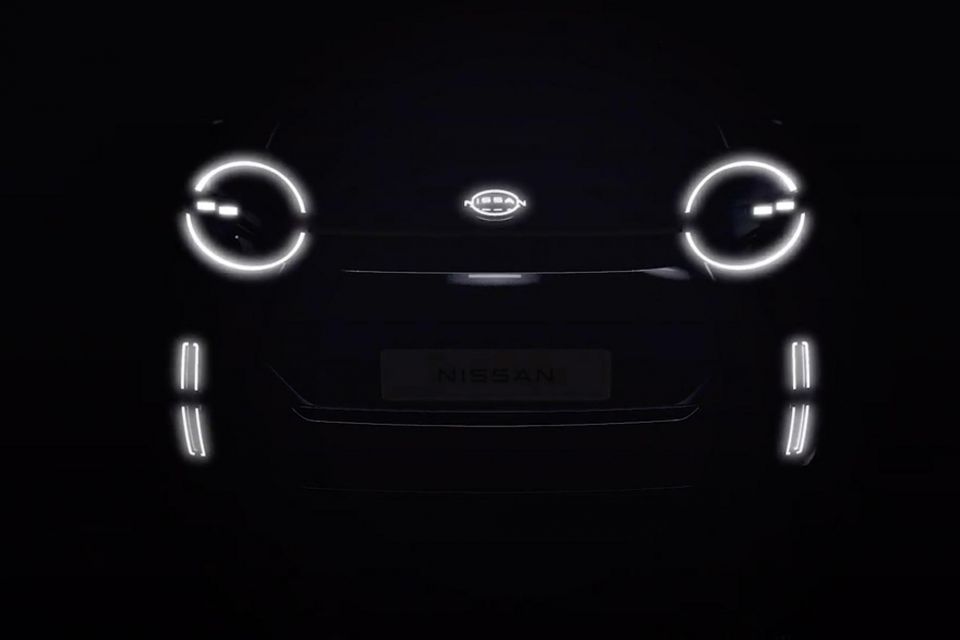
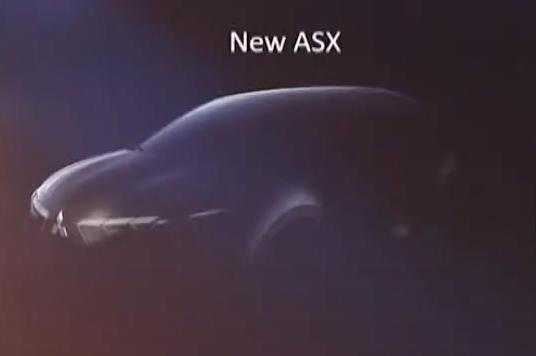
This announcement of Nissan developing solid-state batteries for Renault and Mitsubishi follows on Nissan’s Ambition 2030 vision, which included very similar ASSB pledges.
Nissan itself announced at the time it’d be spending ¥2 trillion (A$24.6 billion) on electrification over the next five years.
It also unveiled four futuristic concepts called the Chill-Out, Max-Out, Surf-Out and Hang-Out.
The Alliance isn’t alone in exploring the mainstream feasibility of solid-state battery technology, with many other automakers getting in on the action as well.
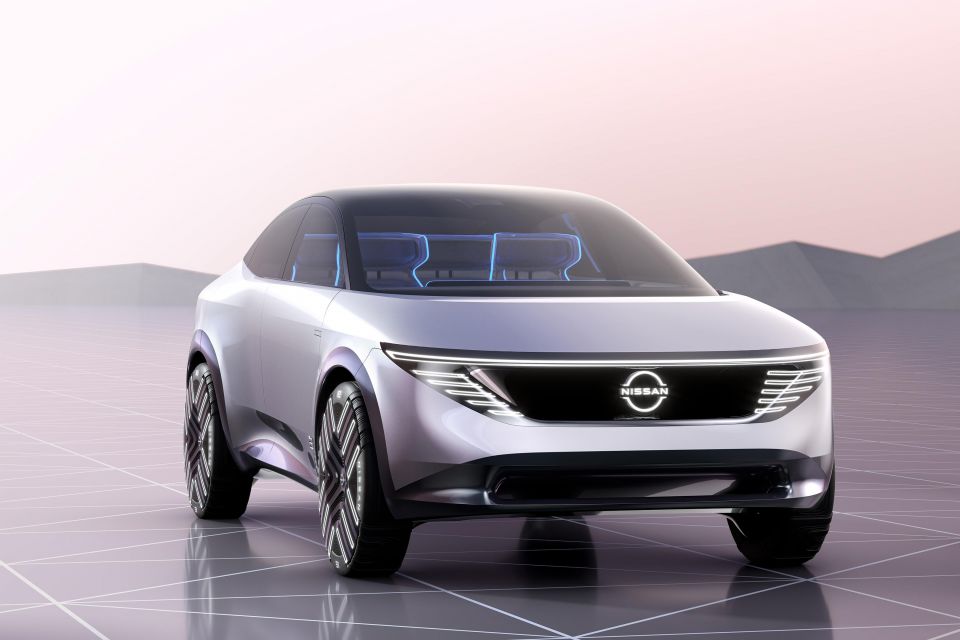
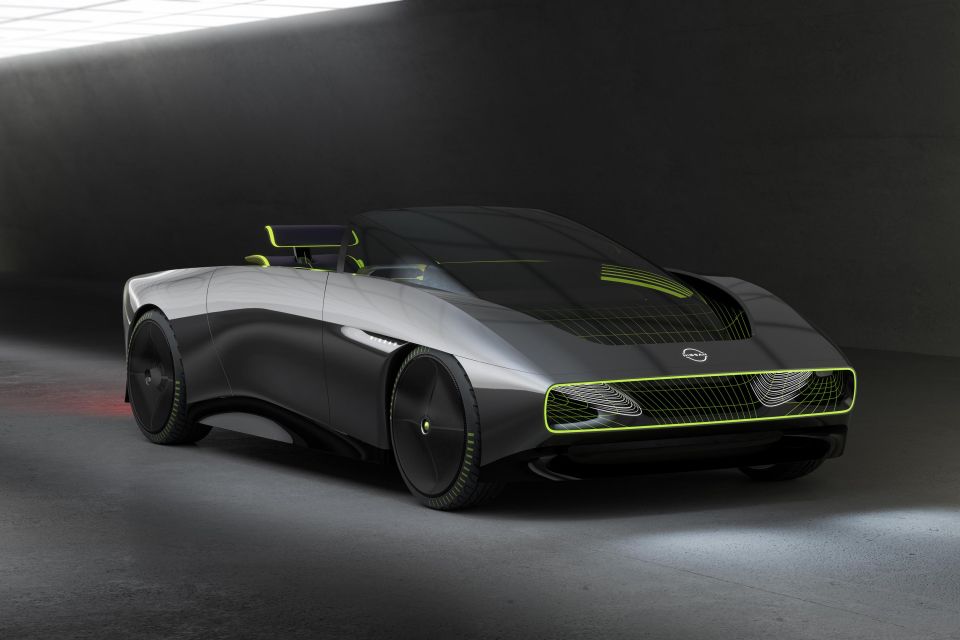


Toyota announced in late 2021 that it aims to only sell zero-emission cars in Europe by 2035 with solid-state battery technology on the menu.
The Japanese giant has been testing the technology since 2020 and says it’ll first introduce solid-state batteries in its hybrid vehicles.
The Nagoya-based automaker says using the batteries in its hybrids first will enable it to gain customer feedback before rolling out the technology in its upcoming EVs.
It says a short service life is the primary concern with the batteries, and is therefore continuing its development of solid electrolyte materials.
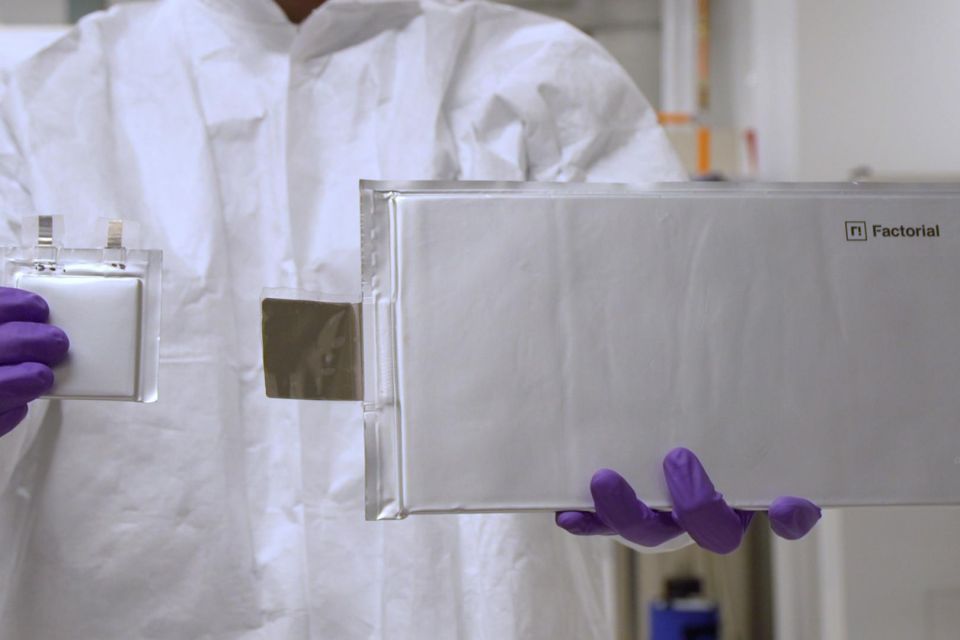
Another issue that has appeared with solid-state batteries is their poor performance in colder temperature.
Stellantis and Mercedes-Benz announced in late 2021 that they’ve jumped on the solid-state battery train and signed joint agreements with US-based Factorial Energy to develop solid-state batteries for their vehicles.
The companies aim to introduce their “first competitive solid state battery technology” by 2026.
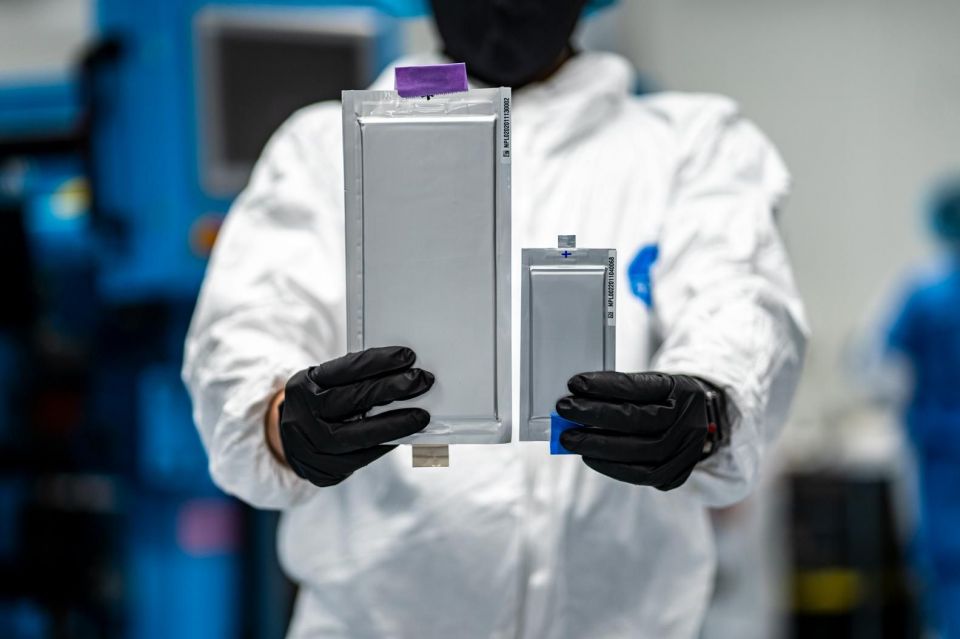
Hyundai and Kia have also partnered with the Factorial Energy to test its solid-state batteries in its EVs.
BMW and Ford have both invested in a rival US startup called Solid Power that also specialises in solid-state batteries. Hyundai’s previously invested in this company too.
In December 2020, Volkswagen-back company QuantumScape announced it’ll have its solid-state batteries ready for production in 2024, while GM’s recently announced battery development centre in Warren, Michigan will develop solid-state batteries among other battery types, including silicon.
MORE: Renault-Nissan-Mitsubishi present united front, share key plans
Jack Quick is an automotive journalist based in Melbourne. Jack studied journalism and photography at Deakin University in Burwood, and previously represented the university in dance nationally. In his spare time, he loves to pump Charli XCX and play a bit of Grand Theft Auto. He’s also the proud owner of a blue, manual 2020 Suzuki Jimny.


Alborz Fallah
3 Hours Ago


Marton Pettendy
5 Hours Ago
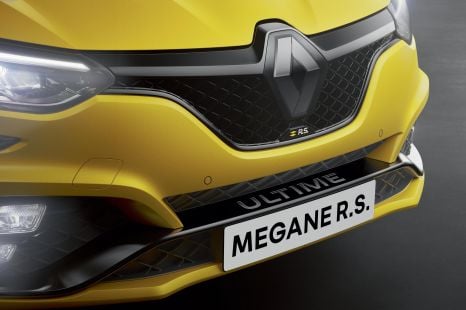

Ben Zachariah
6 Hours Ago
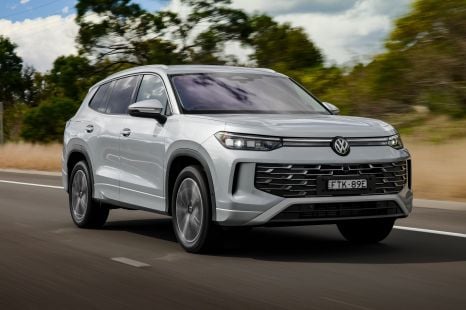

Damion Smy
7 Hours Ago
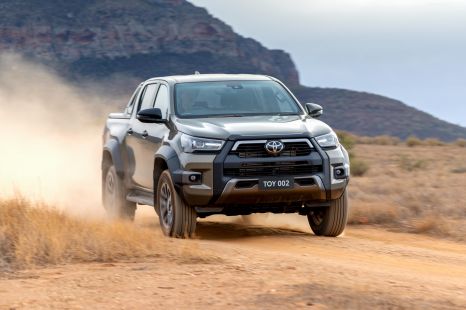

Damion Smy
9 Hours Ago
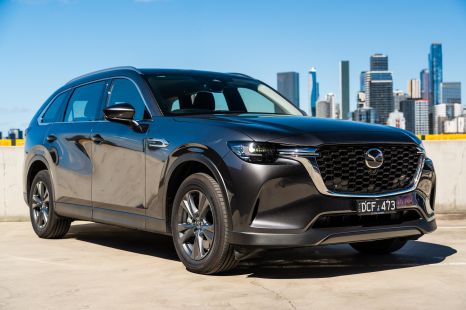

William Stopford
9 Hours Ago